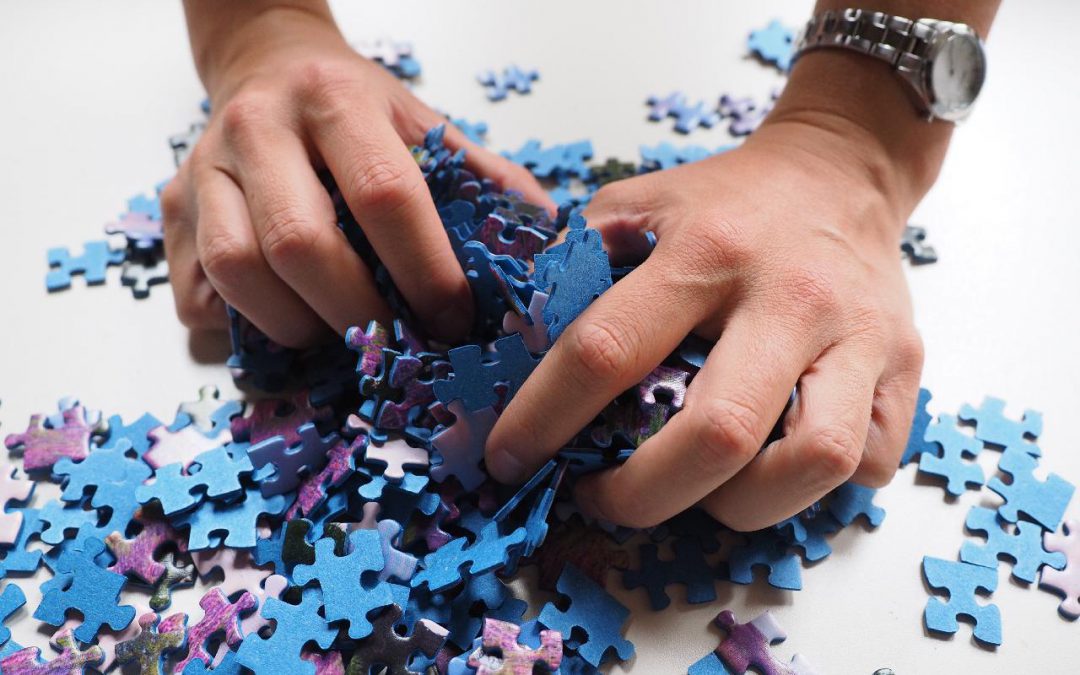 Goal-directed persistence is another important executive function skill. It is the ability to have a goal and follow through until its completion. If you are strong in this skill, you have a good record of achieving goals that you set. You are steady, persistent and reliable, and seldom let setbacks or obstacles prevent you from completing a project on time.
Goal-directed persistence is another important executive function skill. It is the ability to have a goal and follow through until its completion. If you are strong in this skill, you have a good record of achieving goals that you set. You are steady, persistent and reliable, and seldom let setbacks or obstacles prevent you from completing a project on time.
But if you are controlled by your environment, and others, and have trouble focusing beyond the present moment, you are weak in this skill.
Setting goals, recording them in your planner, using the chunk method of taking small steps at a time, working towards deadlines, having plenty of breaks, will both help you to be productive in spite of this weak skill – as well as help you to strengthen it.
It’s important not to overwhelm yourself with too large a goal. Our short-term memory, discussed in an earlier blog, allows us to hold only a limited amount of any project in our mind at any one time. So it is important to break a large goal into smaller segments and work at these segments step by step.
For example if you want to organize your office, you would select one area, say a filing cabinet, and focus entirely on that, one drawer at a time. Setting a deadline of one drawer a day, and picking a specific time, say 3 p.m. to 4 p.m., will allow you to schedule each task as though it were a business meeting. When scheduling the time for each session, be sure to allow more time than you think it will take. And if it takes two or more sessions to finish the first drawer, don’t let that bother you. You can adjust the time allowance for the other drawers.
The important thing is to build the habit of spending a certain amount of time each day working on a specific goal-related task. You can then apply this habit to any goal, no matter how large, whether it is writing a book one chapter at a time, completing a self-study course one lesson at a time or becoming a super salesperson one sale at a time.
Usually, people who quit before reaching their goal either do not have sufficient motivation to continue or do not have a clear plan to follow. So you must be clear on both the benefits of achieving the goal and the steps you must take in order to get there. Motivation requires both a strong desire to possess what the goal promises, and a belief that the action they are taking will achieve the goal.
You will also encounter both internal and external distractions that could impede your progress. That’s why the other executive skills discussed in this blog series are important as well – such as response inhibition, sustained attention and emotional control. Internal distractions could include such things as stress and tiredness as well as self-interruptions. So it’s important to get adequate sleep, a healthy diet and plenty of exercise. These are especially important to strengthen your goal-directed persistence and other executive skills since we are more easily side-tracked and lack energy when we are tired, stressed or ill.


Recent Comments